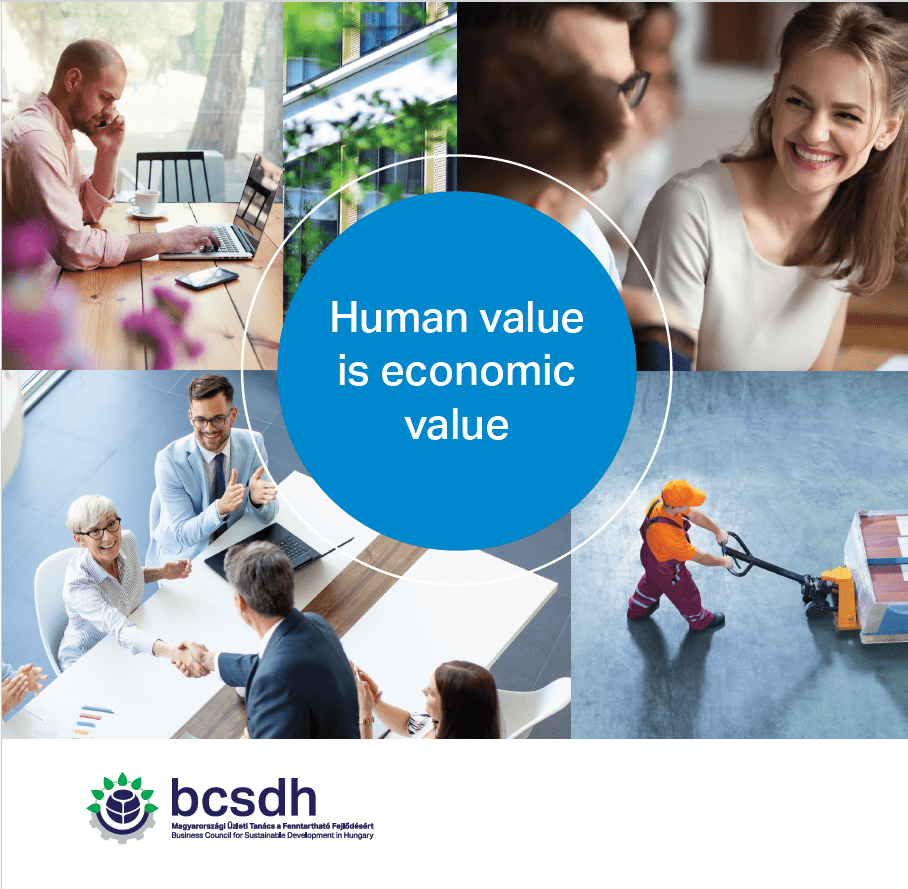Human value is economic value _BCSDH publication 2024
One of today’s most pressing challenges is the dramatic increase in social polarisation
The richest 1% of the world’s population own 45.6% of global wealth, while the poorest 50% own just 0.75%. This unequal distribution of income and wealth makes it a huge challenge to meet the basic needs of hundreds of millions of people.
While income inequality between countries is falling, income inequality within countries has increased in recent years.
Inequality is a systemic risk
Inequality is an obstacle to social and economic progress; unless immediate action is taken, it could worsen. It can also weaken the results and impact of pre-existing measures aimed at tackling poverty, climate change and economic transformation.
Inequalities also affect the economic sphere by decreasing productivity and tax revenue, reducing disposable incomes, constraining development, destabilising supply chains, and creating political and economic uncertainty.
Reducing inequality is also in the interest of economic actors as it mitigates these risks.
Opportunities for business
The key to driving change is to ensure that people are treated as valuable parts of company value-creation processes. The latter’s actions can impact four sets of stakeholders: 1. the workforce, 2. employees in the value chain, 3. consumers, and 4. communities.
The BCSDH has revised its 2017 recommendations in the area of employment and developed a new recommendation and related actions for the business sector in the field we call ‘Own Workforce’, taking into account current challenges. At the same time, the actions that are formulated are relevant to the value chain, and we recommend that their implementation be assessed and extended to them.
BCSDH RECOMMENDATION AND PROPOSED ACTION PLAN FOR THE BUSINESS SECTOR FOR REDUCING INEQUALITIES – OWN WORKFORCE AND VALUE CHAIN
RECOMMENDATION
Create and maintain an inclusive, flexible, proactive, safe working environment that provides a decent living and supports development.
PROPOSED ACTION PLAN
1. Pay a decent living wage
2. Provide a safe working environment, benefits and services that support the physical and mental health of workers
3. Design and implement flexible and inclusive employment systems adapted to living situations
4. Pro-actively support employees’ lifelong development and meet changing expectations
5. Measure and extend the implementation of the above actions to the value chain
Systemic change can only be achieved collectively, thus we continue to rely on proactive and meaningful action from businesses.

